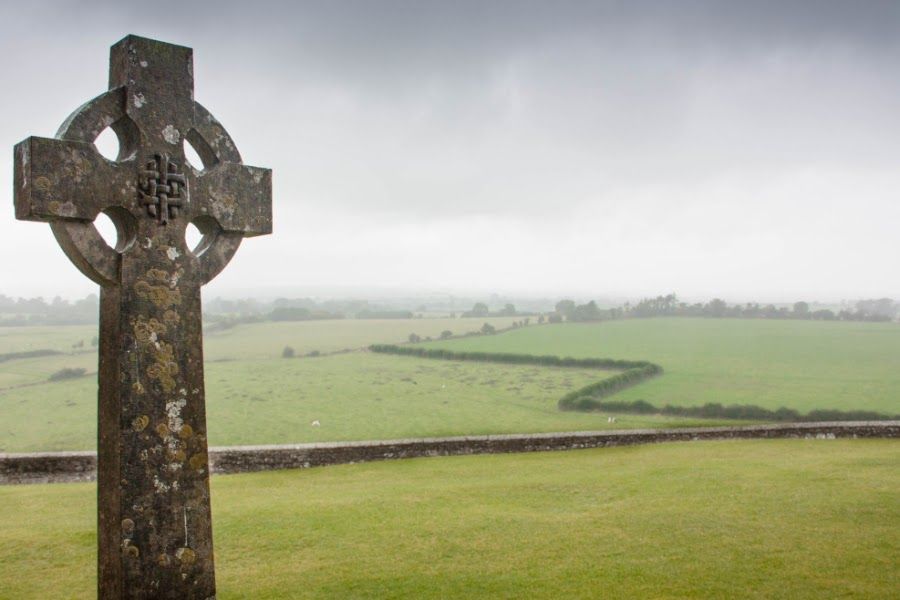JR87 and her Father v. Department of Education, n. NIQB 53, High Court of Justice of Northern Ireland, 5 July 2022

The Northern Ireland Supreme Court of Justice recently ruled on a case that can be described as historic for a nation with a traditionally conflicting religious identity.
An atheist father brought an appeal against the Department of Education, challenging the decision taken by the public school attended by his daughter, which rejected the request submitted by the child's parents to review the religious education programme. In particular, the parents complained that the child, since starting school, had absorbed and adopted a religious (particularly Christian) worldview that was inconsistent with their own views and beliefs. Their concern was that their daughter was becoming Christian and not learning notions 'about' Christianity, in a school context that, as a matter of fact, assumes it as absolute truth and, intentionally or unintentionally, encourages students to do the same.
Although the school had given the possibility to exempt the child from attending religion class, the parents considered that this alternative was not appropriate, fearing that it could lead to the marginalization of their daughter, when all the other children in the school were attending religion classes.
The school decision was, thus, challenged and the applicant claimed that the decision (as well as the relevant national legislation, in particular Article 21 of the 1986 Education and Libraries Order, which provides for religious instruction focusing on the Holy Scriptures) wes in breach of Articles 9 and 2P1 of the European Convention on Human Rights.
This provision was considered by the plaintiff as a form of proselytizing Christianity, not consistent with the pluralistic, neutral, and objective religious education deemed necessary by the Strasbourg Court.
The Supreme Court, recalling the most relevant jurisprudence of the European Court of Human Rights on the right of parents to educate their children in accordance with their philosophical and religious convictions, shared the applicants' view, holding that the irish legislation was contrary to Article 2 of the First Additional Protocol to the ECHR (as lex specialis with respect to Article 9). In particular, the Supreme Court held that religious education based on the teaching of the Holy Scriptures cannot be considered objective, neutral and pluralist if it results in teaching students to explore the content and structure of the Bible, to compose their prayers based on it and to sing religious songs, conveying the message that the Bible is the word of God, who in turn is the creator of all things.
Regarding the possibility of exemption from religious instruction, the Court held that it was not a sufficient response to the lack of educational pluralism, since it could place an excessive burden on parents (in terms of exposing sensitive aspects of their private lives), ultimately dissuading them from requesting the exemption of their daughter, who would remain exposed to the risk of marginalization.
On the basis of these considerations, the Court requested the competent authorities to reconsider the basic curriculum and the contested legislation in relation to the teaching of religion, clarifying, in particular, that the Department of Education should ensure that the provisions for the teaching of religious education are consistent with the provisions of Article 2P1 and Article 9 of the European Convention on Human Rights.
(Comment by Nadia Sima Spadaro)

